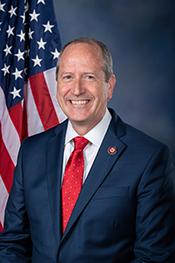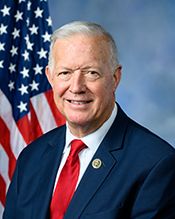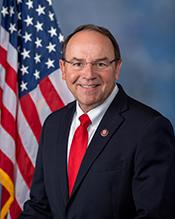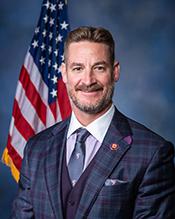0
SERVIS Act
12/30/2022, 4:19 AM
Summary of Bill HR 6558
One of the key provisions of the SERVIS Act is the establishment of a merit-based system for the selection and promotion of foreign service officers. This system would prioritize candidates based on their qualifications, skills, and experience, rather than political connections or other factors. This is intended to ensure that the foreign service is staffed by the most qualified individuals, leading to better outcomes for US diplomacy and foreign policy.
Additionally, the SERVIS Act includes measures to enhance training and professional development opportunities for foreign service officers. This includes increased funding for language training, cultural immersion programs, and leadership development initiatives. By investing in the professional growth of foreign service officers, the bill aims to improve their effectiveness in representing US interests abroad. The SERVIS Act also addresses issues related to the security and well-being of foreign service officers and their families. The bill includes provisions for increased security measures at US embassies and consulates, as well as improved support services for foreign service families. These measures are intended to ensure the safety and well-being of foreign service personnel while they are serving in high-risk environments. Overall, the SERVIS Act is a comprehensive piece of legislation that seeks to strengthen the US foreign service and improve its ability to advance US interests around the world. By implementing reforms related to recruitment, training, and security, the bill aims to enhance the professionalism and effectiveness of the foreign service, ultimately leading to better outcomes for US diplomacy and foreign policy.
Congressional Summary of HR 6558
Securing Enfranchisement and the Rights of Voters regardless of Inoculation Status Act or the SERVIS Act
This bill prohibits requiring voters to present vaccine passports or other information regarding their COVID-19 vaccination status, and also restricts masking requirements, for voting in federal elections.
Specifically, the bill makes it unlawful for any state or political subdivision to require a voter to present a vaccine passport or other information regarding the voter's COVID-19 vaccination status.
Further, a state or political subdivision may require a voter to wear a mask in order to enter a polling location only under certain circumstances. In particular, the state or political subdivision must (1) make masks readily available and at no cost to the voter and to an individual who accompanies the voter, and (2) provide reasonable accommodation from such masking requirement to an individual with a disability.





